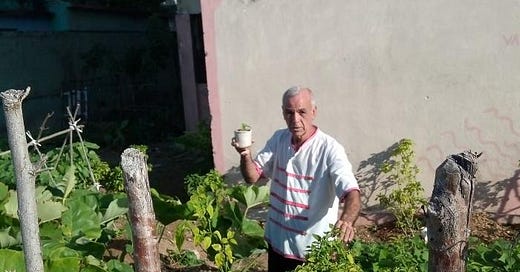Cuban intellectuals have put forth the notion over the last couple of years that the United States is waging unconventional war against Cuba and other countries that have developed anti-imperialist projects. The unconventional war is multi-dimensional, including the application of economic blockades and sanctions, dissemination of misinformation and counter ideologies, stimulation of public protests, support of opposition organizations, and the threat of the use of military force. The goal is the fall of the anti-imperialist government and the emergence of a new government that is prepared to implement economic policies in harmony with the economic interests of the imperialist powers.
So we are in the midst of what Cuban President Miguel Díaz-Canel has called World War III, with no end in sight. As it has unfolded during the last ten years, the economic strength and the prestige of the Uni…



